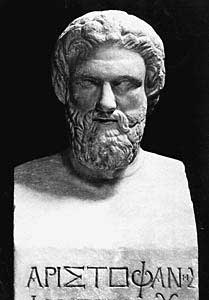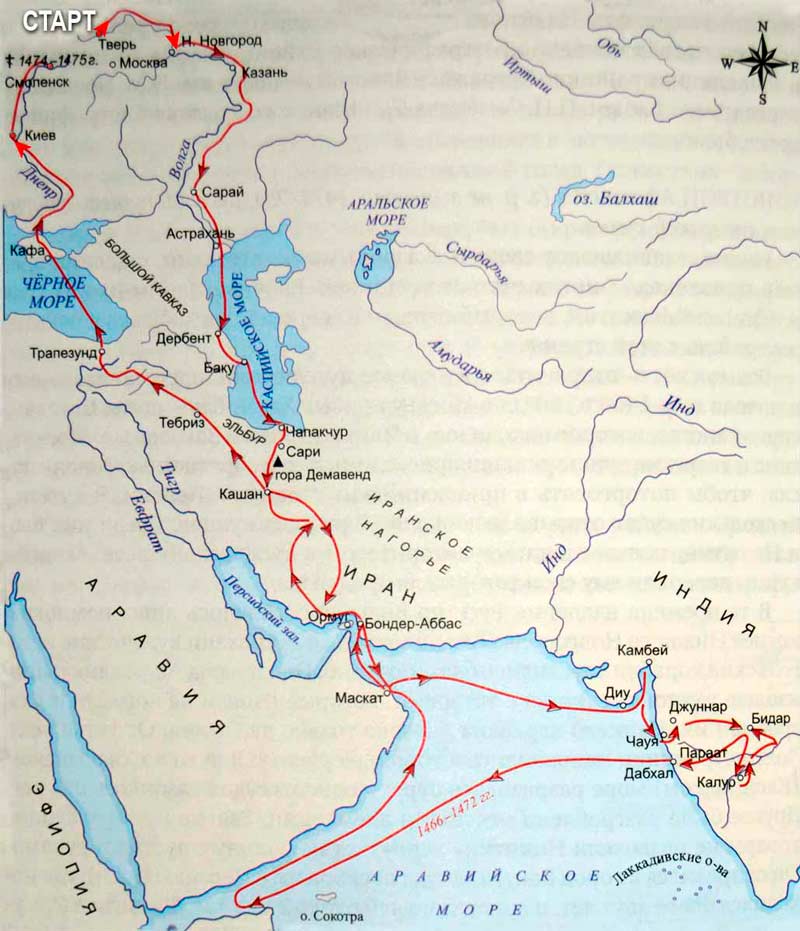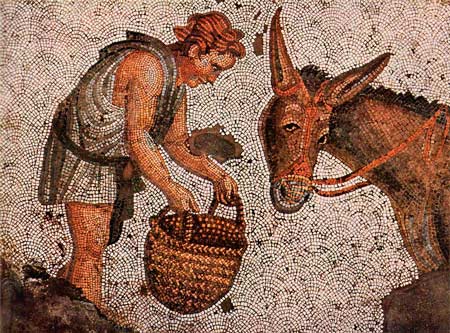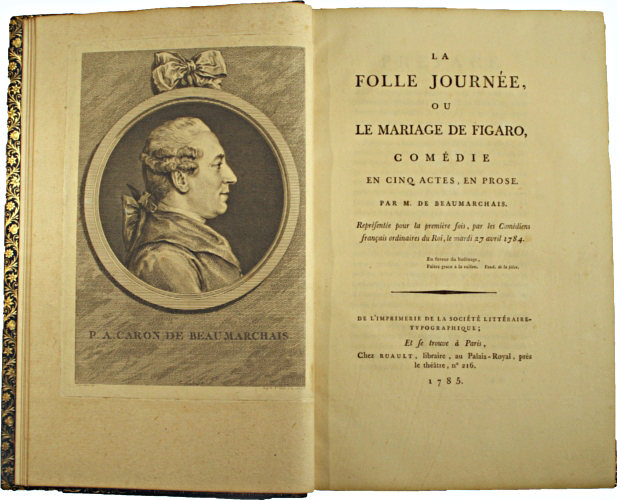Leo Tolstoy “Confession”
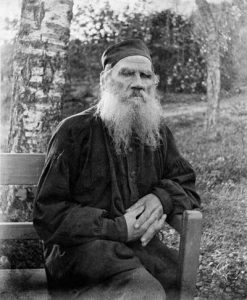 The first of the works of Leo Tolstoy, in which he preached the moral-religious teaching (Tolstoyanism) that appeared in his mature age, was Confession (started in 1879 and completed in 1882). At one time she was not missed by Russian censorship. Printed in Geneva and in Russia distributed in lists. Confession is above all that he wrote afterwards; in purely literary terms, this is a masterpiece that is on a par with such things as the Book of Job, Ecclesiastes, and Confession of Blazh. Augustine. It is one of the greatest and forever living expressions of the human soul in the face of the eternal mystery of life and death.
The first of the works of Leo Tolstoy, in which he preached the moral-religious teaching (Tolstoyanism) that appeared in his mature age, was Confession (started in 1879 and completed in 1882). At one time she was not missed by Russian censorship. Printed in Geneva and in Russia distributed in lists. Confession is above all that he wrote afterwards; in purely literary terms, this is a masterpiece that is on a par with such things as the Book of Job, Ecclesiastes, and Confession of Blazh. Augustine. It is one of the greatest and forever living expressions of the human soul in the face of the eternal mystery of life and death.
To retell the Confession in your own words would be presumptuous; to pull quotes from the whole is destructive. For she is a magnificent whole, built with amazing precision and power. Every detail, every turn of thought, every oratorical cadence – exactly where it is necessary for the highest effect. In Russian literature, this is the greatest specimen of oratory. But this is no ordinary eloquence. The rhythm is logical, mathematical, the rhythm of ideas; Tolstoy despises the tricks of traditional rhetoric. The language is the simplest, that magnificent Tolstoyan language, the secret of which has not yet been revealed. None of the literary languages of the West can convey the impression of the Tolstoyan Russian language, because all of them have moved far from their spoken forms, and their spoken language is too full of slang words. Only the Russian language is given happiness, using everyday speech, to create the impression of biblical majesty. And Tolstoy’s favorite trick, which he uses in Confession, is to illustrate his thoughts with parables — quite in harmony with the general tonality of this work.
In Confession, Tolstoy managed to achieve an abstract idea of what he tried to do in his pedagogical articles and what he achieved in narrative prose, in novels: he created a new literary language, free from the bookishness of contemporary literature and completely based on colloquial speech. There is no doubt that the language that has emerged in this way is the best means for expressing abstract thought in Russian. Tolstoy’s innovations in the literary language are unusually extensive – it seems that this is not the language in which his literary contemporaries write. Many of the basic terms used in his teachings did not exist before Tolstoy in the Russian literary language; he took them from the spoken language of his class. Such, for example, is one of his most frequent words – “bad.”
Without exaggeration, we can say that Confession is in some sense the greatest artistic work of Tolstoy. This is not an objective, self-contained “image of life”, like War and Peace and Anna Karenina; it is a “propaganda work”, and in this sense it is less “pure art”. But there are aesthetic qualities missing in the great novels. It is built with the greatest skill and precision. It is distinguished by rhetorical art, which it would be difficult to expect in the author of War and Peace. It is more synthetic, more universal, and does not rely on the reader to influence the petty home and family effects of realism that novels abound in. Therefore, it is not true that the change that took place in Tolstoy around 1880 was his literary fall. He remained forever not only the greatest writer, but also the incomparable master of Russian literature. His most dry and dogmatic treatise is a masterpiece of the literary language. Nevertheless: from this time Tolstoy ceased to be a “writer” in the sense of a man who writes in order to create a good literary work. Instead, he became a preacher. From now on, everything he wrote was directed towards one goal – to clarify his teaching. And when what happened quite soon, he again turned to the artistic narrative, his new books were strictly subordinate to his dogmatic teachings in order to illustrate and popularize it.
